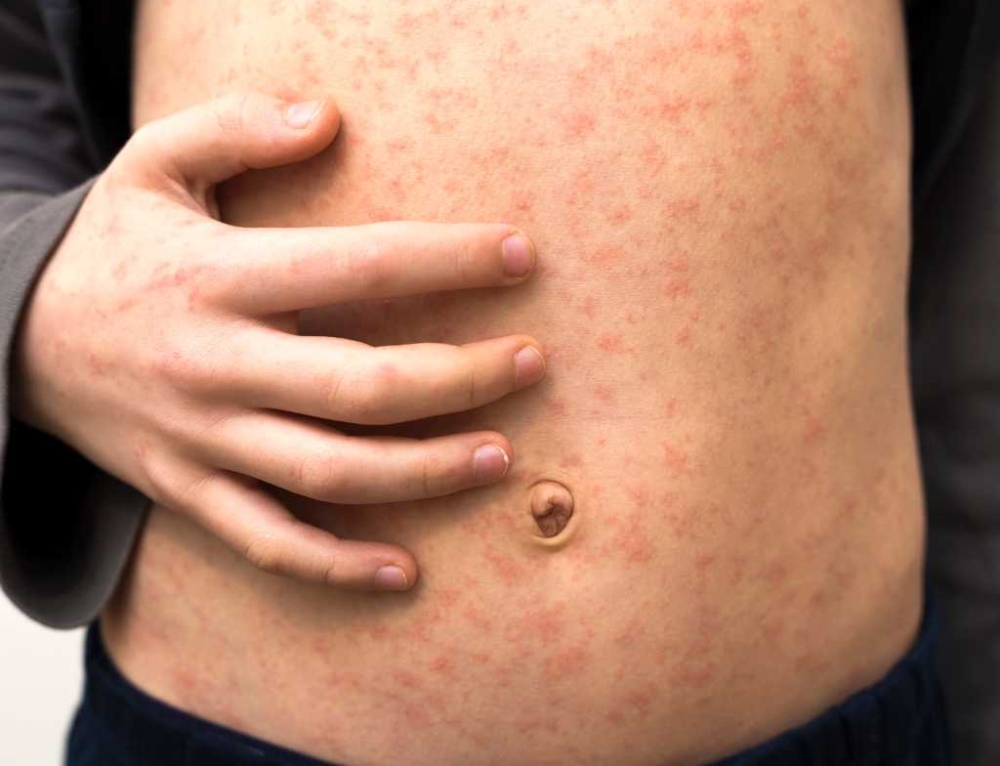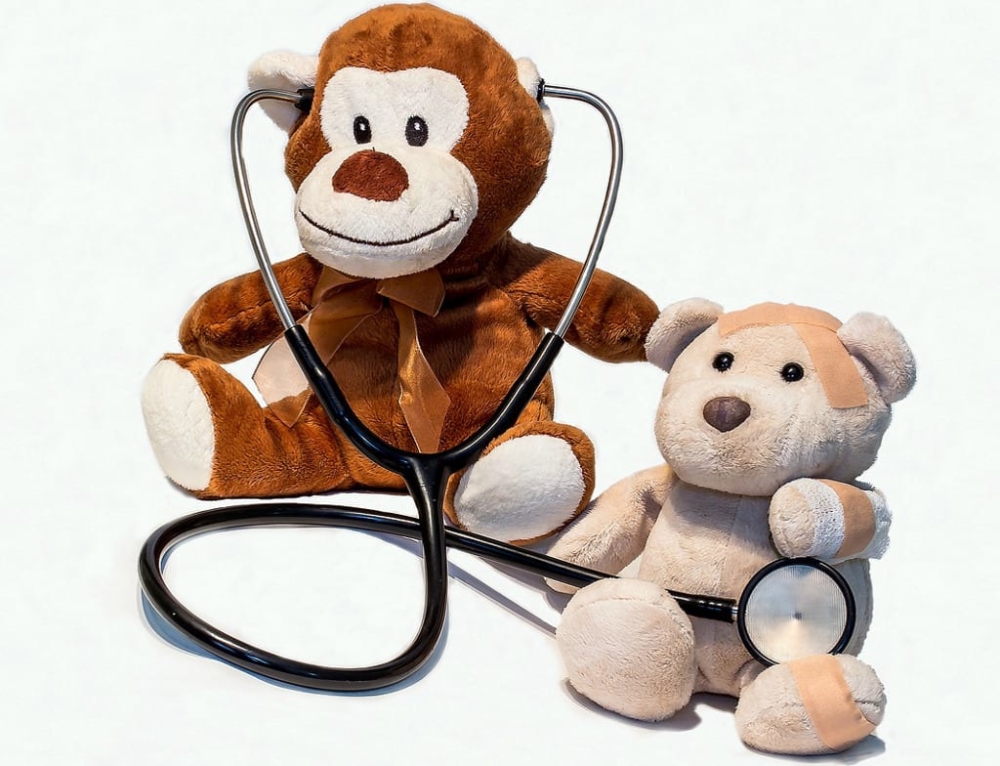While babies are born with some immunity to certain infections, it does not last long. Which is why childhood vaccines are important to help protect them against serious illnesses.
Vaccines are made up of different things depending on the disease. They may contain:
- a very small dose of a live, but weakened form of a virus
- a very small dose of killed bacteria or small parts of bacteria
- a small dose of a modified toxin produced by bacteria
- a small amount of preservative or a small amount of an antibiotic to preserve the vaccine
- a small amount of an aluminium salt which helps produce a better immune response
How long do vaccinations take to work?
Usually it takes several weeks to generate a normal immune response to a vaccination. Most immunisations require several doses to be given to build a long lasting protection – which means that a child who has received only 2 of the 3 doses of DTP (diphtheria, tetanus, pertussis) vaccine is only partly immunised. If exposed to any of these diseases, she could become ill because her immune system cannot properly and effectively protect her.
How long do they last?
Some immunisations last a lifetime – but most require a booster dose to increase protection as the initial vaccination effect weakens. After the initial immunisation program is followed, tetanus can last up to 30 years before a booster is needed, while other diseases such as whooping cough offer protection for approximately 5 years after the initial immunisation program is followed.
Once you’ve been immunised, are you protected against disease?
- Immunisation doesn’t protect 100% of the immunised population – with every vaccination there is a failure rate. The following are Australian rates:
- 5% of children who have been immunised against measles, mumps, rubella, tetanus, polio and Hib vaccines will not be protected.
- 15% of children immunised against whooping cough will not be protected – although should they get the disease, their symptoms will be less severe.
- 5% of children immunised against hepatitis B will not be immunised.
- Booster doses are required because immunity does decrease over time.
Why are so many immunisations given to children?
It is during childhood that we are most vulnerable to serious infections – and many of the vaccinations given are to protect your child against the ‘childhood diseases’ – measles, mumps, whooping cough and rubella.
Your child’s immune system is not capable of working as well as an adult’s because it’s immature and will be for many years. And while your child is born with some protection against illnesses as a result of a transfer of antibodies across the placenta and continues during breastfeeding, these antibodies wear off after a number of months, leaving your child exposed and unprotected against serious infection.
Are there side effects to immunisation?
The most common side effects of immunisation are redness and soreness at the site of the injection followed by a mild fever. While this may be upsetting at the time, these side effects are generally minor, temporary (lasting 1 – 2 days) and controlled with paracetamol. Other more serious side effects are very rare but if they do occur, so consult your GP if you are at all concerned.
Reactions to the MMR vaccine:
A reaction to the MMR vaccine may occur 5-12 days after the immunisation and won’t make your child infectious. Symptoms will last for approximately 48 hours and include:
- mild fever
- faint rash
- head cold
- runny nose
- cough and/or puffy eyes due to the measles part of the vaccine
- swelling of the glands in the neck may happen about three weeks after the injection due to the mumps part of the vaccine.
IMPORTANT!
If your child has a severe reaction to immunisation or her reactions last for more than a couple of days, talk to your GP.
——————————-
HPV Immunisation has an excellent safety profile similar to any other childhood immunisations and recommended by health professionals. To protect your child against most HPV cancers, get them immunised at school or visit your local GP.
For more information about the HPV school immunisation programme, visit www.health.govt.nz/hpv
This article was written by Ella Walsh for Kidspot.







Leave A Comment
You must be logged in to post a comment.